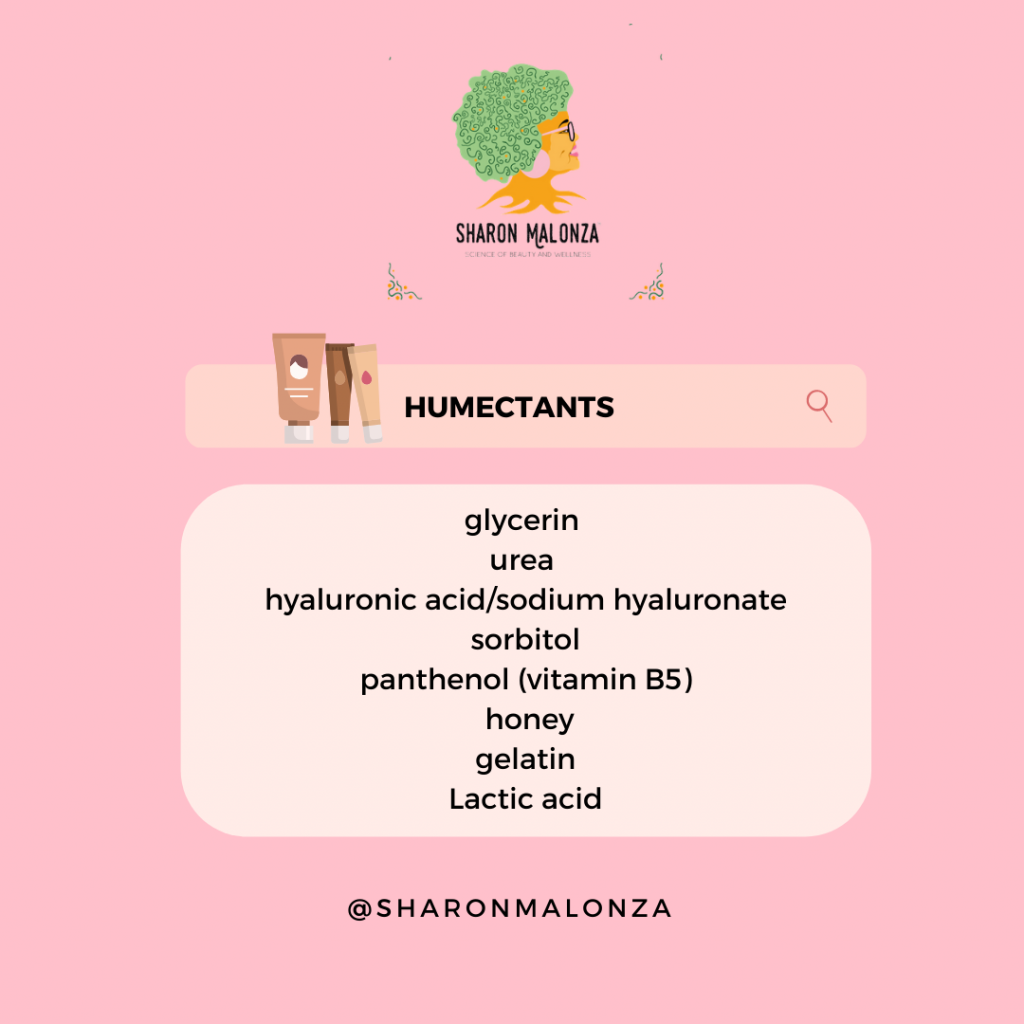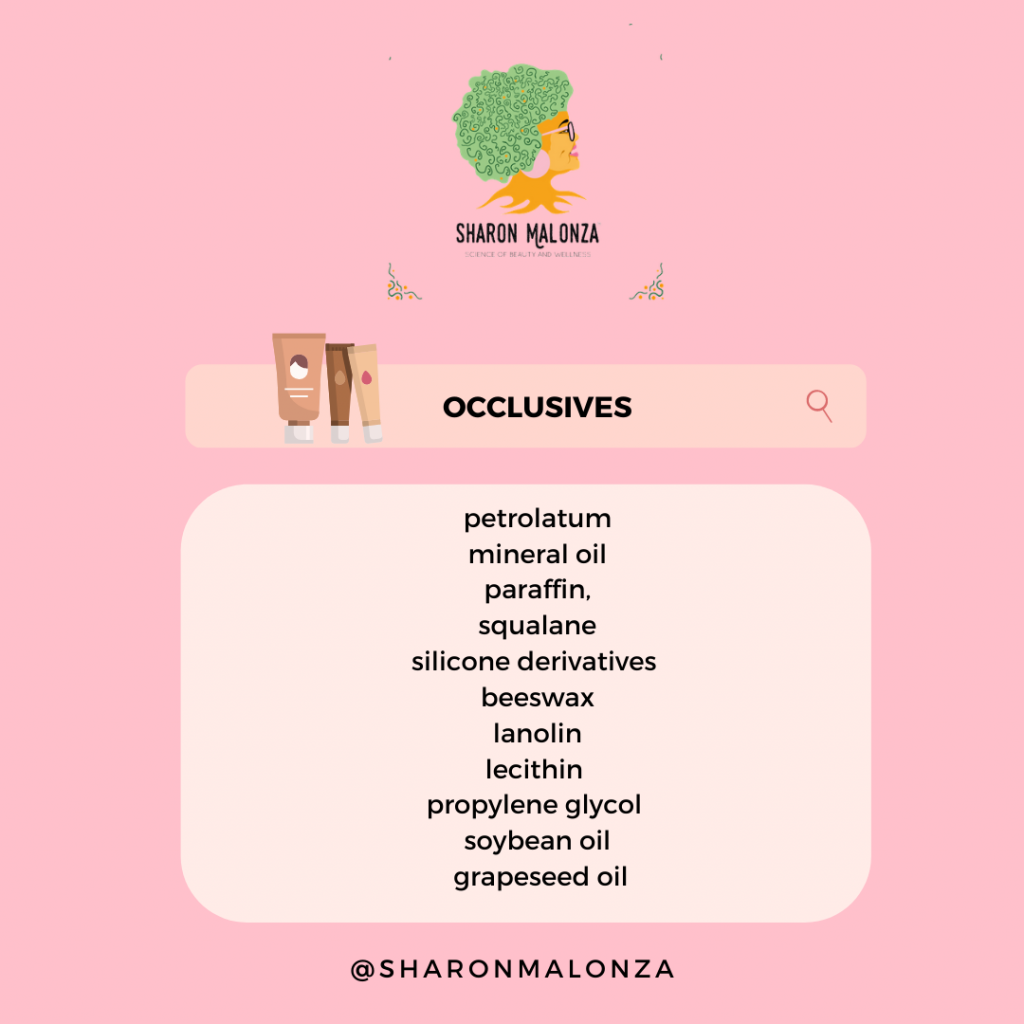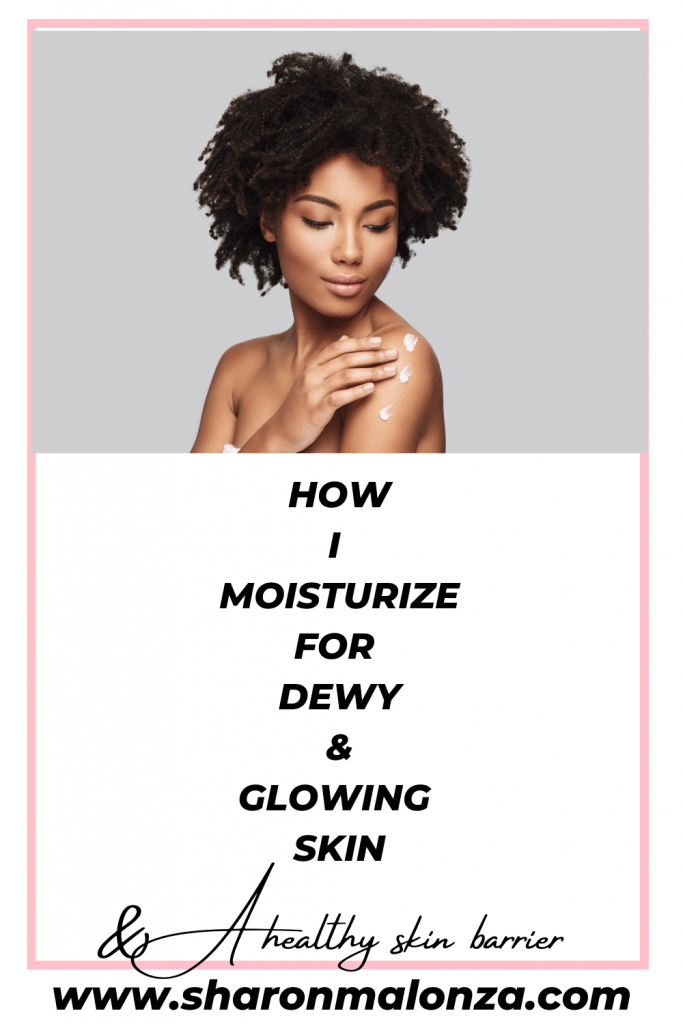Table of Contents
What is moisturizing?
Moisturizing is a process that temporarily hydrates your skin, softens it and creates a light film that minimizes trans-epidermal water loss (TEWL).
Is moisturizing your skin necessary?
Yes. It minimizes moisture loss from the skin which keeps your skin barrier intact. A healthy skin barrier is less prone to damage of all elements including UV rays that can lead to premature aging. It also minimizes the skin’s susceptibility to irritation which can result in conditions like acne and hyperpigmentation.
How to choose a moisturizer
A good moisturizer requires three main components commonly abbreviated as “HOE”.
Humectants
Humectants are water soluble substances that attract water from their external environment.
If you live in low humidity environments, humectants may draw water from deeper layers of your skin and contribute to dryness. This is why they are more effective when combined with occlusives.
Humectants create a short term plumping effect making your skin appear smoother and less wrinkled but they don’t impart long lasting anti-wrinkle effects on the skin.

Occlusives
These are oily substances that the coat the skin to prevent water loss. The most effective ones are petrolatum or petroleum jelly and mineral oil. So think baby oil and your good ol’ vaseline.

Emollients
Emollients soften and smooth the skin. They are composed mainly of lipids and oils. They smoothen your skin by filling in gaps between the cells in your stratum corneum.
Many occlusives have emollient properties e.g. most oils, lanolin, vitamin E, mineral oil and petrolatum.
When to moisturize
You can moisturize everyday morning and night in one form or another.
I often don’t use my moisturizer in the morning because I go in with a healthy layer of sunscreen. Many sunscreens are formulated as moisturizers with SPF. I use my moisturizer religiously at night time. This is just my preference.
What is the role of a hydrating toner or serum? Is it the same as a moisturizer?
I think toners, essences and serums often confuse people. Two things distinguish these products: ingredients and formulation.
Hydrating toners sometimes called waters and essences tend to be lighter in consistency and focus on humectants as the main ingredient. Some of these products may have other beneficial ingredients that soothe the skin. Sometimes they even have active ingredients that help with hyper-pigmentation, acne and anti-aging.
Serums tend to be more viscous than toners and essences. They may also be formulated with ingredients that can penetrate the skin a lot deeper and target specific concerns.
Hydrating toners, serums and essences can help other products to penetrate the skin deeper. This can be beneficial but may increase the risk of irritation caused by certain active ingredients.
Are hydrating toners and serums necessary?
The short answer is no. A complete moisturizer incorporates humectants into their formulation. However, many people have experienced benefits from the added boost of hydration that this step provides. This is especially true for those with many potentially drying active ingredients in their routine.
I go for toners and serums that treat specific concerns and focus on having a complete moisturizer as a stand-alone product. That said, I have been experimenting with a hydrating toner for the past couple of months to see whether it has a significant space in my routine.
Should you pick a moisturizer based on skin type?
You could.
People with drier skin benefit from moisturizers that are heavier in occlusives and these tend to be thicker lotion-like moisturizers.
However, don’t limit yourself by buying only what is designated for “dry” skin or “oily” skin. It’s all in the formulation and ingredients.
Are oils moisturizers?
Not on their own. Oils are emollients and/or occlusives. For them to complete moisturizers, they need to be in a formulation that contains humectants.
Thoughts on moisturizers with SPF
My primary concern is that they are often SPF15 or lower which is not adequate. Secondly, you cannot use them both day and night.
To save money and have adequate sun protection, have one moisturizer (that you can use both day and night) and a separate SPF product that has at least SPF30.
Reference(s)
Rawlings, A. V., & Harding, C. R. (2004). Moisturization and skin barrier function. Dermatologic Therapy, 17(s1), 43–48. doi:10.1111/j.1396-0296.2004.04s1005.x
In my next post in this series, I will be talking about sunscreen in detail.
Let me know what your go to moisturizer is in the comments down below.
Thanks for stopping by!
“Always remember that your hair is your crown and your body is a temple; embrace it, love it and take care of it.”

